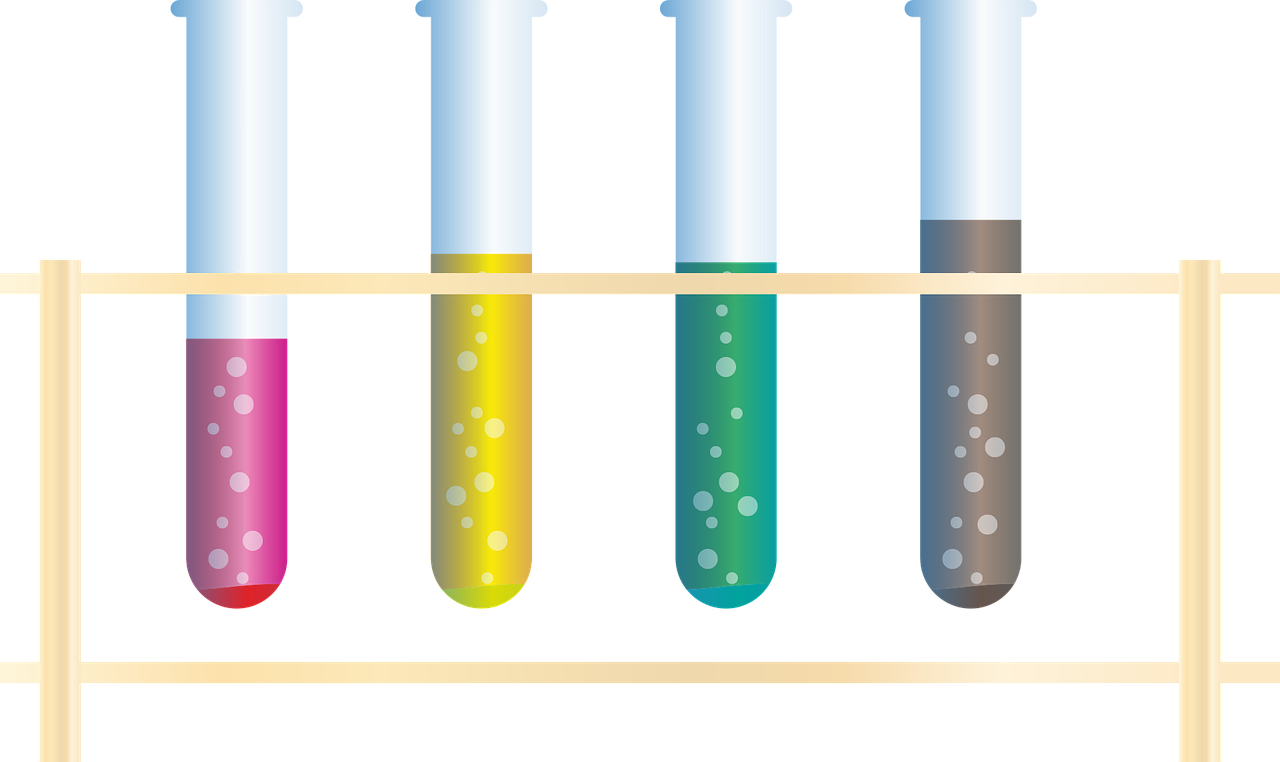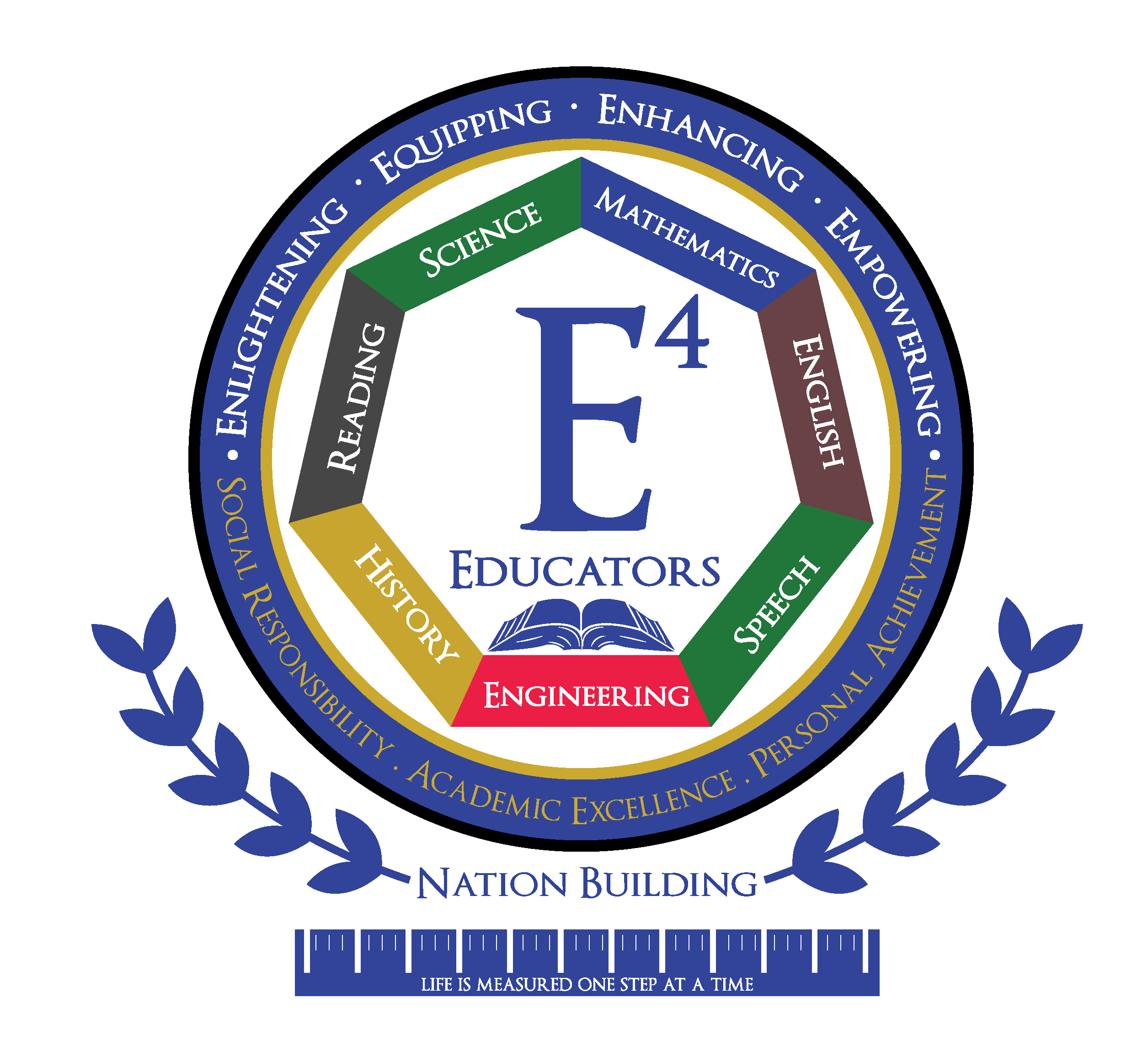The 4 E’s

Enlightening
Enlightening means to bring rise or uplift to understanding. As a functional definition enlightening becomes a constant and dynamic observation. It riles together intuitiveness and discovery. As with all professions the constant and continuous professional development is the key to success and advancement. Enlightening is equivalent to showing the unwarranted and underprivileged where the hidden door to success lies or where the ladder to advance pass the glass ceiling has established its foothold. Knowledge and opportunity are synonymous with uplift; synonymous with enlightening.
Educating the lost, heightening the expectations of the underserved, offering opportunity to the downtrodden all encompass the idealism of enlightenment. These treasures become the undertones of leveraging the advantage for some student-learners, rather than leaving them disadvantaged, socially distraught or economically depressed. The tools that afford enlightenment are accessible but sometimes we need to realize, pursue or be educated to receive.
Understanding purpose and perception are key to visualizing the enlightened heart and the cause to offer the same.
Equipping
To fortify, to gather resources, to cement talent, are all contributors towards equipping oneself with the necessary tools to engage any task or invoking upon any challenge. The major emphasis of solidifying the notion of being equipped is preparation, and the assembly of useful resources and information. Being prepared allows for fluctuation and retooling, adaptability and fluidity. Assembling the proper and useful resources of information warrants knowledge and understanding, perception and intuitiveness.
Each day we invoke upon a opportunity to uplift and to encourage, especially our student-learners. It is the preparedness and being equipped that allows for the strength of integrity, the pride, the respect and the admiration that comes with the ability to answer the questions, to find resources and possibly quiet the storm or better yet offer the encouragement and possibility of success and achievement.
In today’s global community and market; the tools, the equipment needed to accomplish any task may vary, but the results are overwhelmingly the same… academic achievement and job preparedness.


Enhancing
Enhancing is the continuous growth and development of an established position or definition. Just as one enhances their beauty or presence it is vitally important that educators never stop the increase in learned behavior or the desire to continuously develop and strengthen their awareness and abilities. Enhance the art of making better, to receive encouragement, to build or make stronger, to grow all define enhancement.
The ability to perform the duties assigned, assumed and delegated to an educator are many. But textbook; theoretical knowledge, is only the beginning. The requirements for functioning and elevating are deliberate and directed. The adventure to learn skills, strategies and techniques to identify and utilize these strengths come from within and have to be procured. It is the desire of E4educators to embellish all educators/facilitators of learning with the right encouragement to provide enhancement.
Empowering
Assuredness, confidence, galvanization, having faculties or abilities to, fortification are all emblazoned in empower. But even greater than the conquest to find the attributes of empowerment are the notions and triumph in assisting others to rise to similar heights and confidence. “The value of a man is not in what he has but in what he gives”. Definitely, those that walk amongst giants shall feel the uplift that comes with the association and accompaniment.
In today’s educational profession, many attributes are given to educators, but seldom is the need to garner these strengths and beliefs. In order for the student-learner to accept their abilities and greatness they must first be shown, ushered into the direction of accomplishment and success. What a wonderful position to be in; the gateway to success and achievement, beliefs, morals and values. The daily exhibition of these attributes empowers the educator to be that enforcement, that belief, that hope.
Where and how do we position ourselves to receive and solidify these abilities? We must position ourselves around persons with like attainment, similar goals and outlooks; identify persons and opportunities that share our beliefs and perceptions, congregate around others that are beneficial to our growth and purpose. We must to also understand that we have a responsibility to be that light of hope for others to see, for others to follow; and that is the direction student-learners must see and identify.

Philosophy
Every child can learn. Learning is progressive. Every child can learn. But each child learns individually at an individual rate. Basic concepts and information are crucial at this level of learning because it is the basis for every level of education hereafter. Learning the structure and techniques consistent with education will allow and insure the learner a strong, productive and rewarding scholarly career. As well, the techniques and descriptions outlined in this manual hopefully will nurture creativity and propel discovery.
Understanding that education is a language on its own; vocabulary, definitions, hypothesis and examples are highly important in achieving understanding in successful articulation of education concepts, procedures and problem solving. Higher order thinking, inductive and deductive reasoning, cognitive knowledge and intrinsic and extrinsic learning are direct results of understanding and assimilation of education ideals and concepts.
Accountable
The facilitator of the learning environment is accountable for the information the learner receives and therefore can be held liable for what the learner does not receive in order to be successful in his/her tenure in the educational process. It is the responsibility of both the facilitator of the learning environment and curriculum as well as the learner to accomplish learning. Certain techniques and strategies in classroom management can all but insure a positive outcome, but definitely will allow for the articulation of ideas, concepts, techniques, understanding and evaluation of the educational concepts and materials.
Understanding
Alongside a developed curriculum, that fosters levels of learning at each incremental level of development, the structure of the classroom and the organization of the instructor increase the absorption rate of the educational concepts and any particular subject area.
It is important as much as gratifying to see the increased levels of understanding and learning displayed by the learner. Incremental assessments, done consistently, allows for evaluation of material and understanding of the learner audience.
Educators take the initiative to do self-evaluations on the same incremental scale as the learner’s assessment; this will solidify the curriculum and context mastery.
Assessment
Not every child is going to grasp every concept 100% of the time, nor will every learner be able to articulate or demonstrate 100 percent of the time. However, it is important for every learner to have the opportunity to display his/her understanding via application, real world and textbook. Success and achievement are evaluated at every step; goals are assessed at every turn. Allow the learner to see and feel success and accomplishment, nurtured by positive feedback and encouragement.
Education takes discipline as well as understanding. Education is a progressive and building subject; therefore needs to be assessed frequently, rather by simple quizzes or daily routines and assignments.
Homework
Homework and projects increase the learners understanding and builds techniques and mastery of concepts, processes, stages, and problems solving techniques. You, the educator, must be encouraging and perceptive as well as a constant learner and experimenter with education.
Teaching is a tool to edify the learner’s abilities and capabilities. The learner will draw directly from the facilitator’s attitude about the subject. Respect is given and earned by the inquisitiveness of the receptor and the mastery by the auditor. The applications and viability of education concepts and techniques make education man.
Accountable
The facilitator of the learning environment is accountable for the information the learner receives and therefore can be held liable for what the learner does not receive in order to be successful in his/her tenure in the educational process. It is the responsibility of both the facilitator of the learning environment and curriculum as well as the learner to accomplish learning. Certain techniques and strategies in classroom management can all but insure a positive outcome, but definitely will allow for the articulation of ideas, concepts, techniques, understanding and evaluation of the educational concepts and materials.
Understanding
Alongside a developed curriculum, that fosters levels of learning at each incremental level of development, the structure of the classroom and the organization of the instructor increase the absorption rate of the educational concepts and any particular subject area.
It is important as much as gratifying to see the increased levels of understanding and learning displayed by the learner. Incremental assessments, done consistently, allows for evaluation of material and understanding of the learner audience.
Educators take the initiative to do self-evaluations on the same incremental scale as the learner’s assessment; this will solidify the curriculum and context mastery.
Assessment
Not every child is going to grasp every concept 100% of the time, nor will every learner be able to articulate or demonstrate 100 percent of the time. However, it is important for every learner to have the opportunity to display his/her understanding via application, real world and textbook. Success and achievement are evaluated at every step; goals are assessed at every turn. Allow the learner to see and feel success and accomplishment, nurtured by positive feedback and encouragement.
Education takes discipline as well as understanding. Education is a progressive and building subject; therefore needs to be assessed frequently, rather by simple quizzes or daily routines and assignments.
Homework
Homework and projects increase the learners understanding and builds techniques and mastery of concepts, processes, stages, and problems solving techniques. You, the educator, must be encouraging and perceptive as well as a constant learner and experimenter with education.
Teaching is a tool to edify the learner’s abilities and capabilities. The learner will draw directly from the facilitator’s attitude about the subject. Respect is given and earned by the inquisitiveness of the receptor and the mastery by the auditor. The applications and viability of education concepts and techniques make education man.
